
FOUR DECADES plus two years. Or 42 years. No matter how you view it, that’s a lot of time. Today marks 42 years since Randy and I were married at St. John’s Lutheran Church in my hometown of Vesta.

As anyone our age will tell you, time passes too quickly. Here we are today, comfortably settled into our life together. Kids long grown and gone. In semi-retirement. Grandparents of two. Understanding that this life we’ve built has been one of much joy, but also one of challenges. Nothing unusual about that. Such is life.
Through the all of it, we’ve supported one another. Leaned into each other. Been there. Done exactly as we promised we would, in sickness and in health.

Randy is the kind of guy who quietly steps up and helps, does the right thing. Back in 1967, long before I ever knew him and in a part of Minnesota unfamiliar to me, Randy saved a life. His father’s. They were working together, harvesting on the family farm, when the corn chopper plugged with corn. Tom hopped off the tractor to hand-feed corn into the chopper. As he did so, his hand was pulled into the spring-loaded roller. The chopper blades sliced off his fingers while his arm remained trapped in the roller. As his father screamed, Randy disengaged the power take-off. He then ran across swampland and along the cow pasture to a neighboring farm for help. If not for that heroic action by a boy who had just turned eleven, my future father-in-law would have died.
This is my husband. Calm. Steady. Dependable. A son who saved his father’s life. He was never publicly recognized for his actions. (I think he should be, even now nearly 57 years after the fact.) Life went on for the Helbling family, Dad now minus a hand and part of an arm. It was not easy.

Randy has maintained that steady evenness throughout our marriage, a quality I appreciated when our younger daughter underwent surgery at age four, when our son was struck by a car, when I was in the worst throes of long haul COVID, unable to function. He’s always been there for our family, for me. When I broke my wrist six years ago, Randy stuck his hand out the van window to slap an imaginary emergency light atop the roof as I pleaded with him to drive faster to the emergency room. Yes, Randy possesses a sense of humor that balances my lack of a funny bone.
Admittedly, I don’t always understand his humor. But Randy still tries to make me laugh. Occasionally he cuts a cartoon from the local paper (I don’t read the funnies) and sticks it on the fridge. His latest came from “The Family Circus” with this line: Poems are like rap without music. When I finally noticed the clipping two days later, I texted him that Poems are NOT like rap. He knows I don’t like rap music.
Maybe he doesn’t like poems. But if he doesn’t, Randy hasn’t told me, his poetry writing wife. I bet if you had asked Randy 42 years ago whether he would ever attend a poetry reading, he would have vehemently replied, “No!” But he has. Many of them through the years, at which I’ve read my poems.
Randy is my greatest supporter in my writing career. He understands that the writing and photography I’ve done, and still do, are my life’s chosen work, not simply a hobby (as some others view it). I appreciate his appreciation of my creativity.
I appreciate his talents and skills also. Randy, supposedly retired from automotive machining (but not really), earns the praises of many a customer. They want “only Randy” to do their work. He is exceptional in his trade and truly irreplaceable.
Randy has other skills I’ve come to value through the decades. He is an excellent griller, still grilling everything the old school way on a Weber charcoal grill. He’s also mastered making grilled cheese and tomato soup for Saturday lunch and omelets for Sunday brunch.

And he’s really good at cardinal calls. The bird, not anything related to his Catholic upbringing. Whether in the backyard or walking in woods, Randy will answer a cardinal’s trill with his own. Yes, he sounds just like a cardinal.
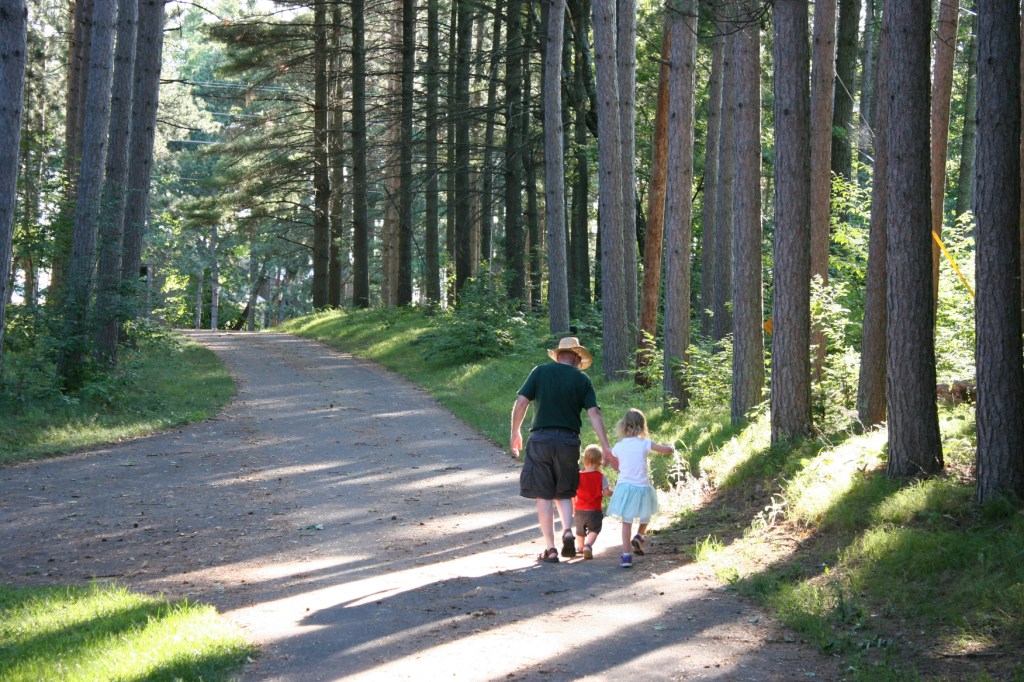
We’ve built this life together on love, laughter, respect, support, encouragement, faith and so much more. Forty-two years. Four decades plus two years. Days, weeks, months, years…of blessings in good times and in bad. There for one another. Always.
© Copyright 2024 Audrey Kletscher Helbling

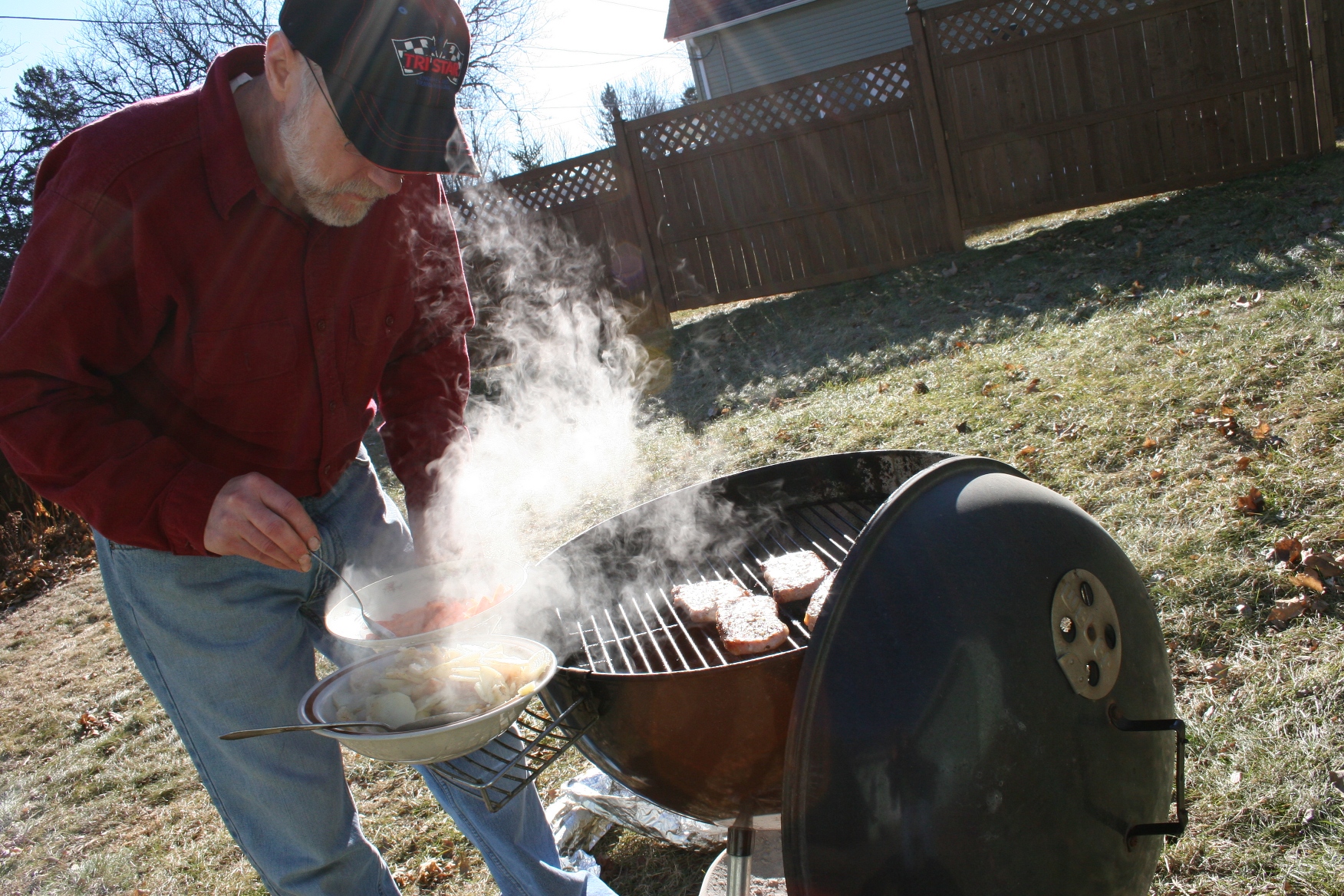
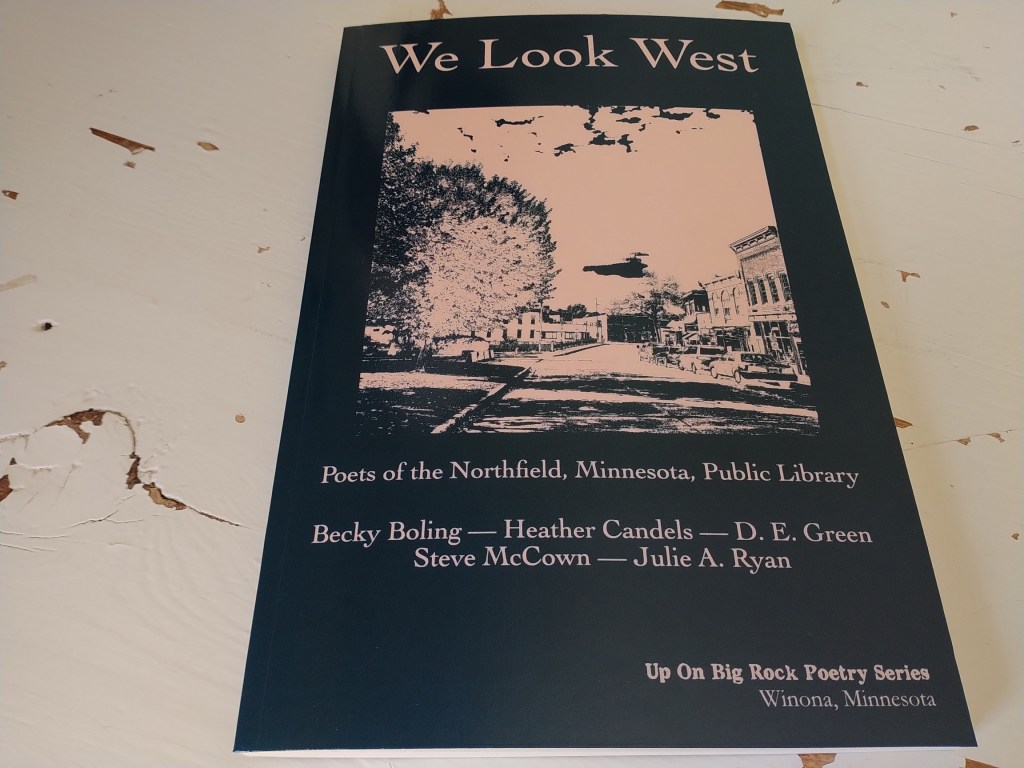


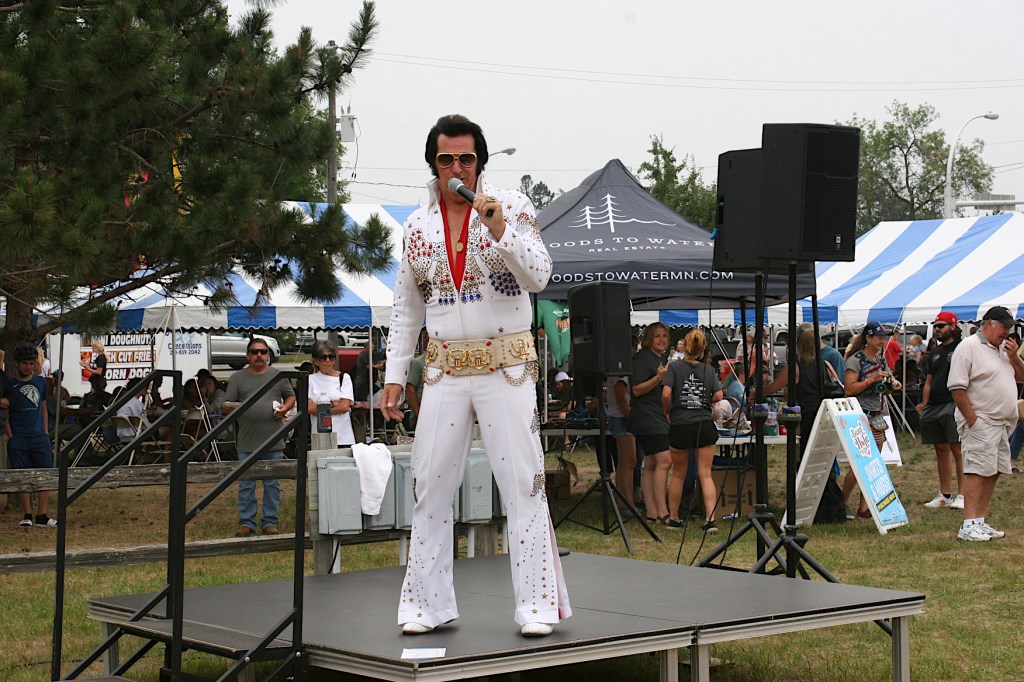
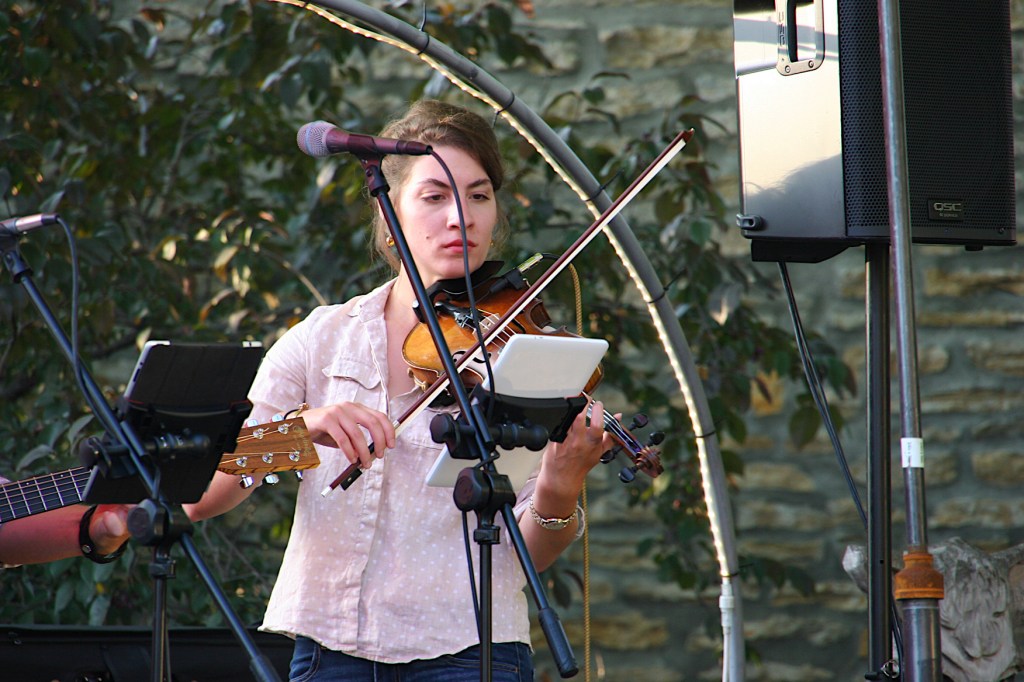


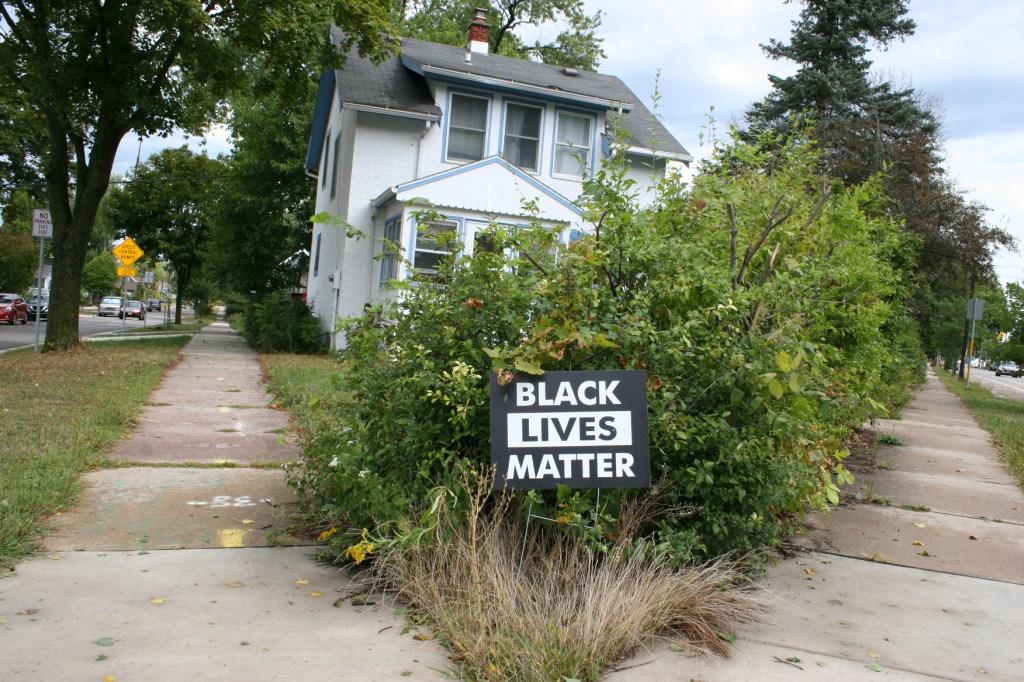
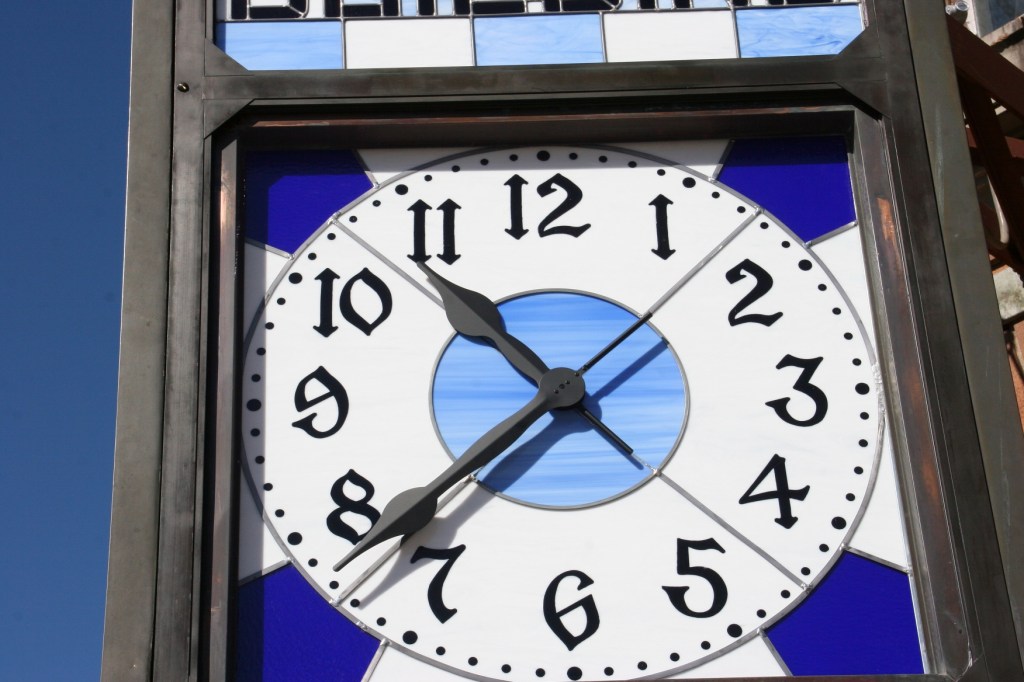
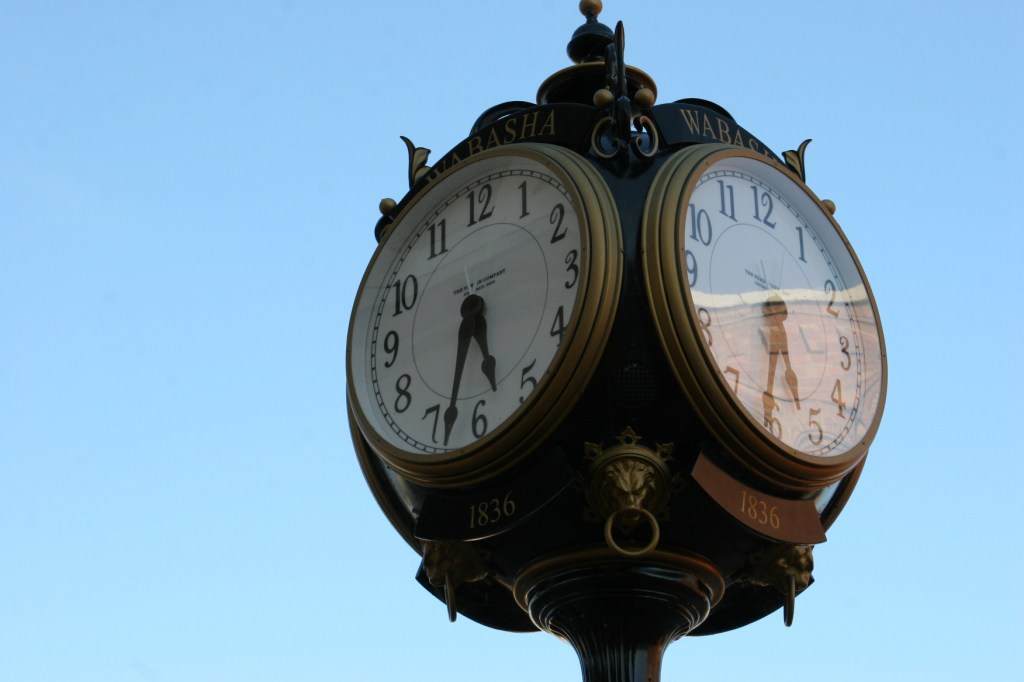
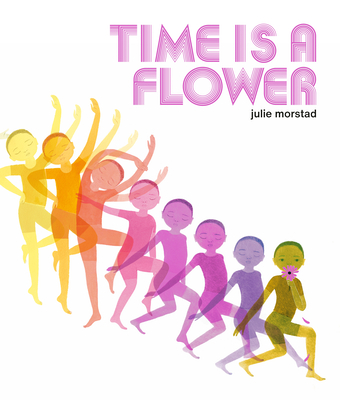


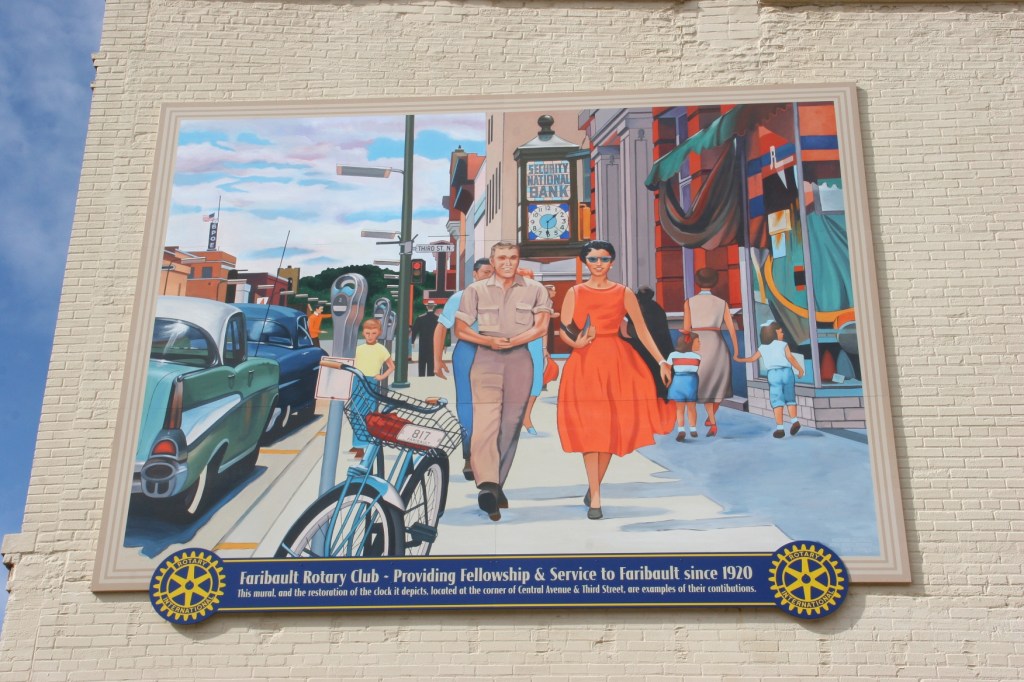



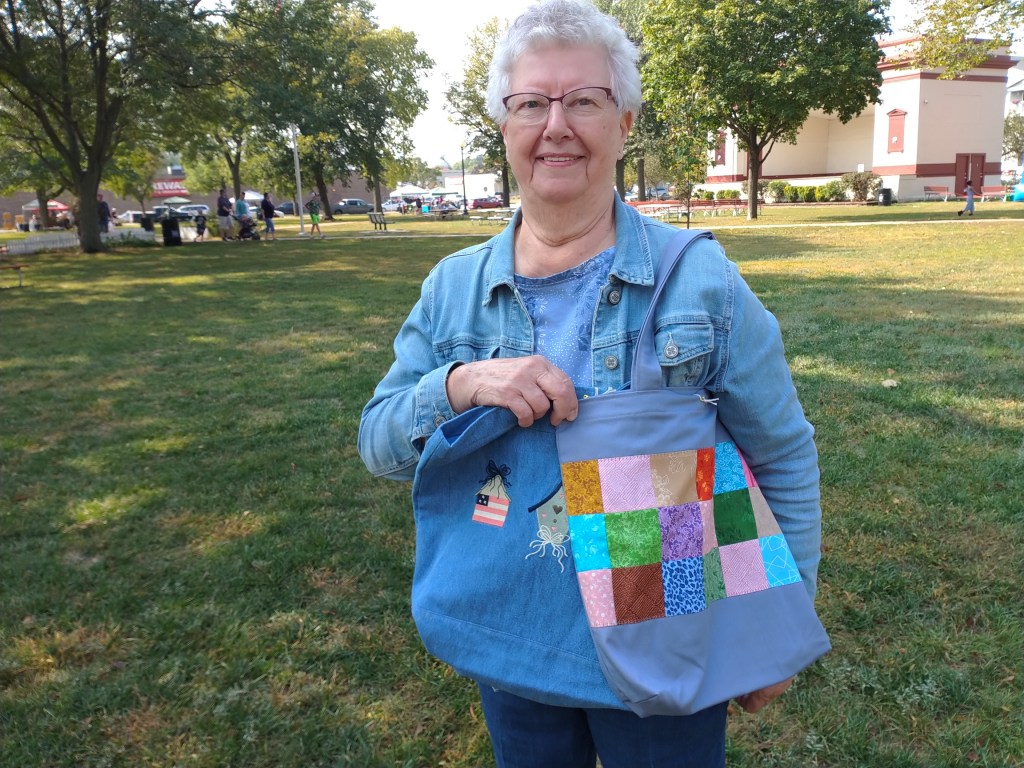

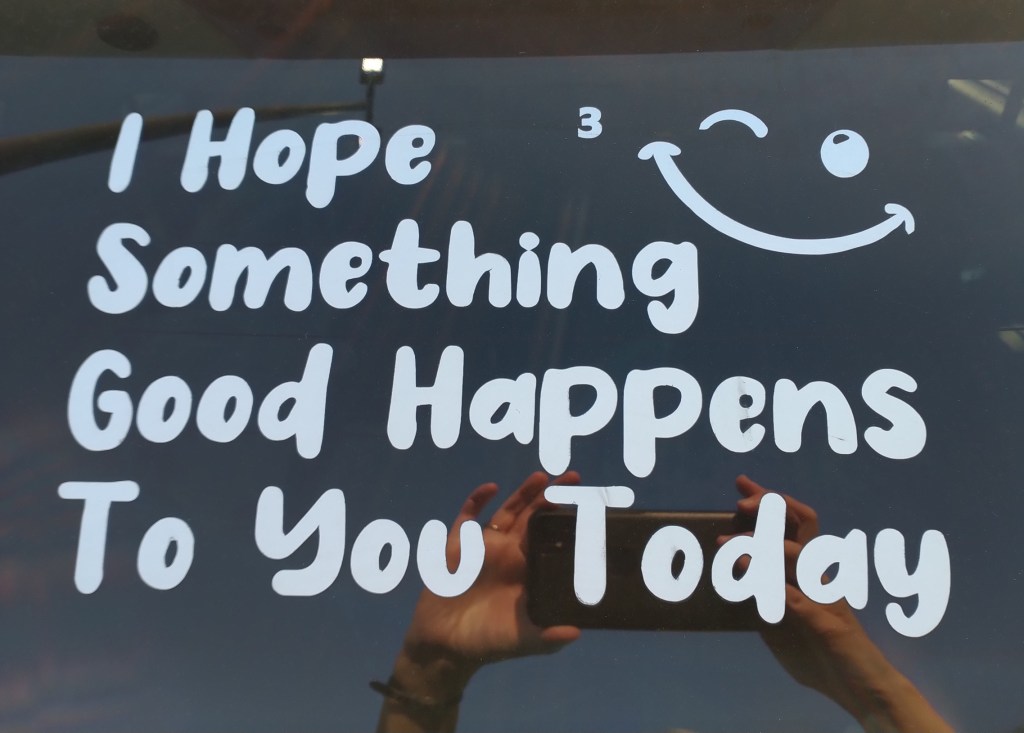
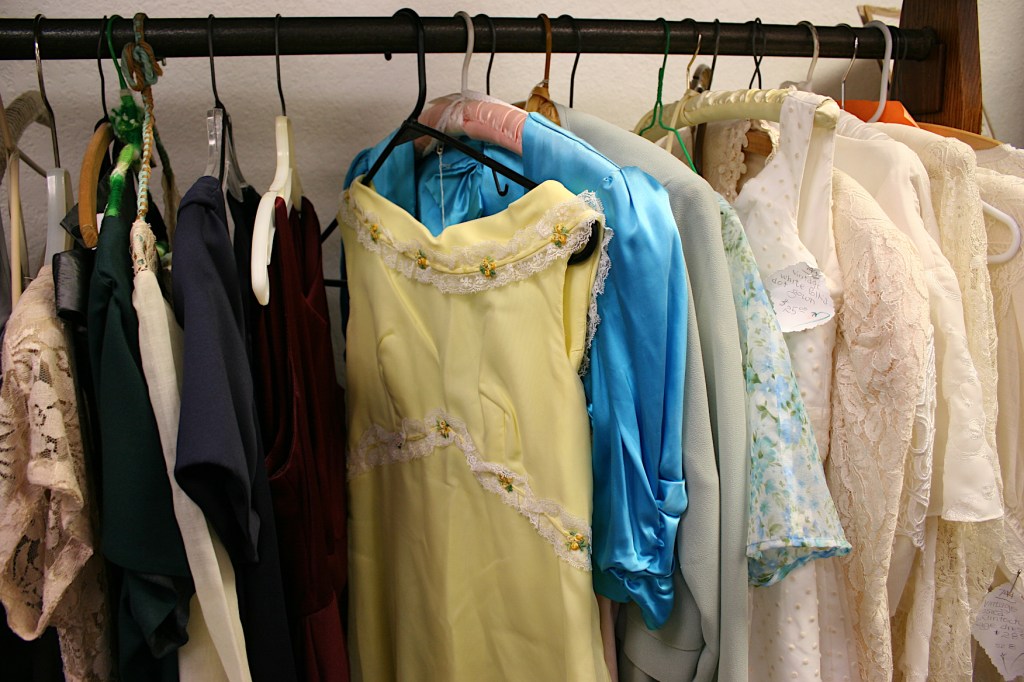

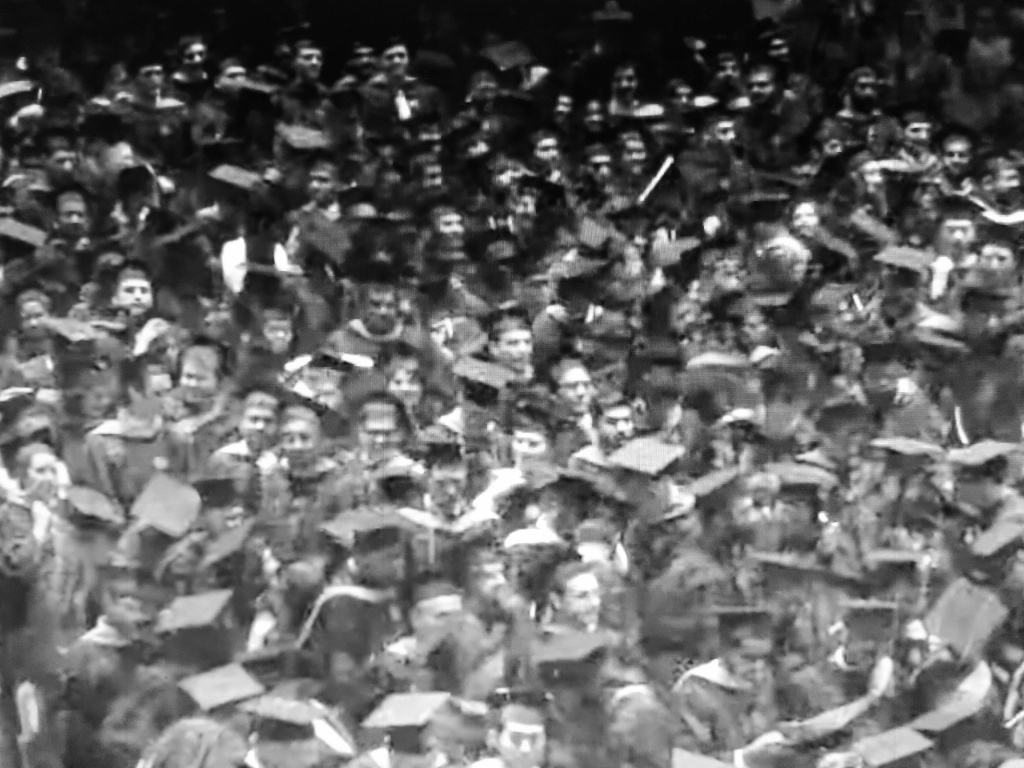







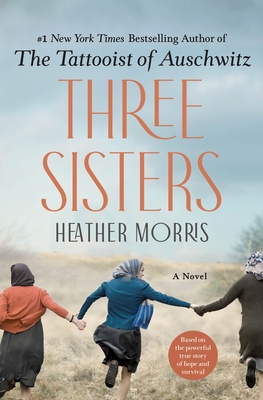

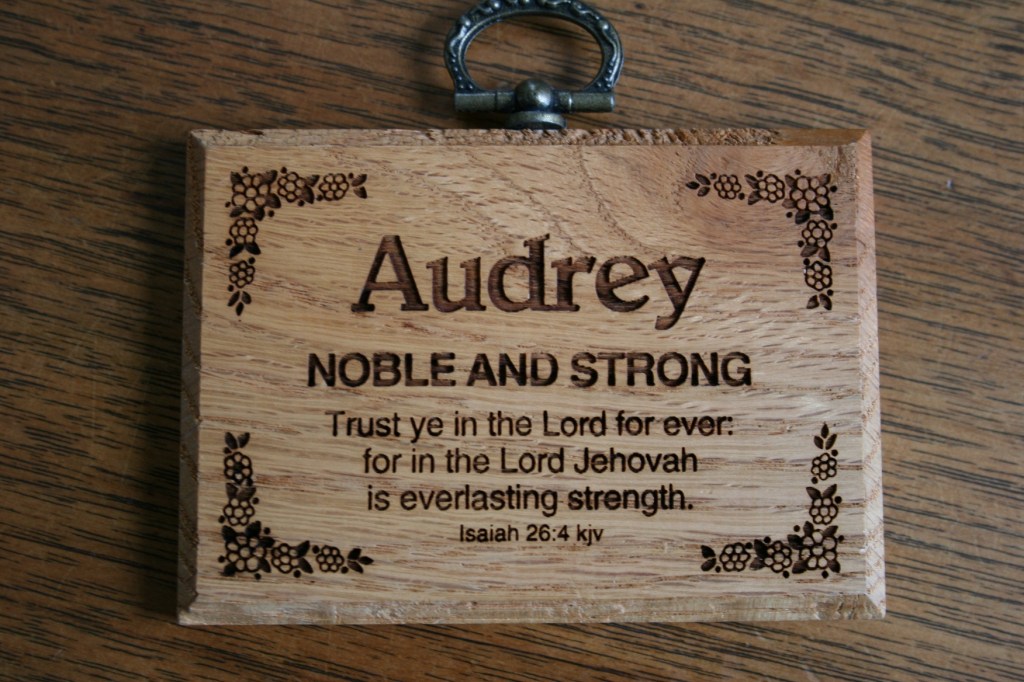


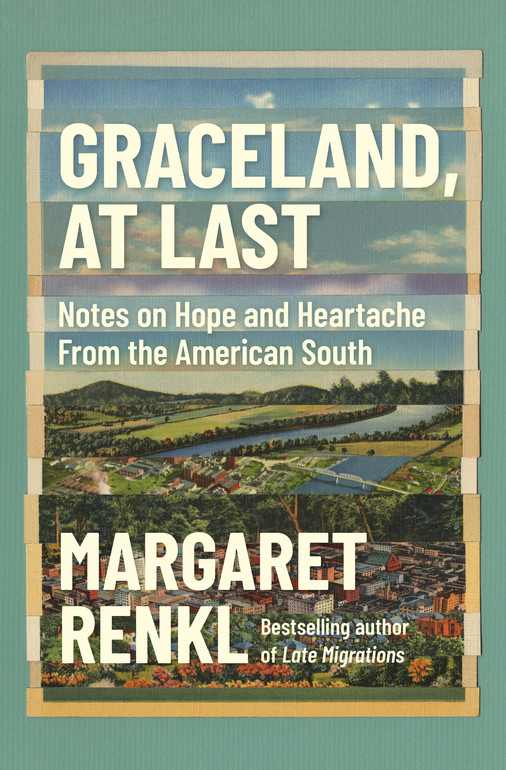
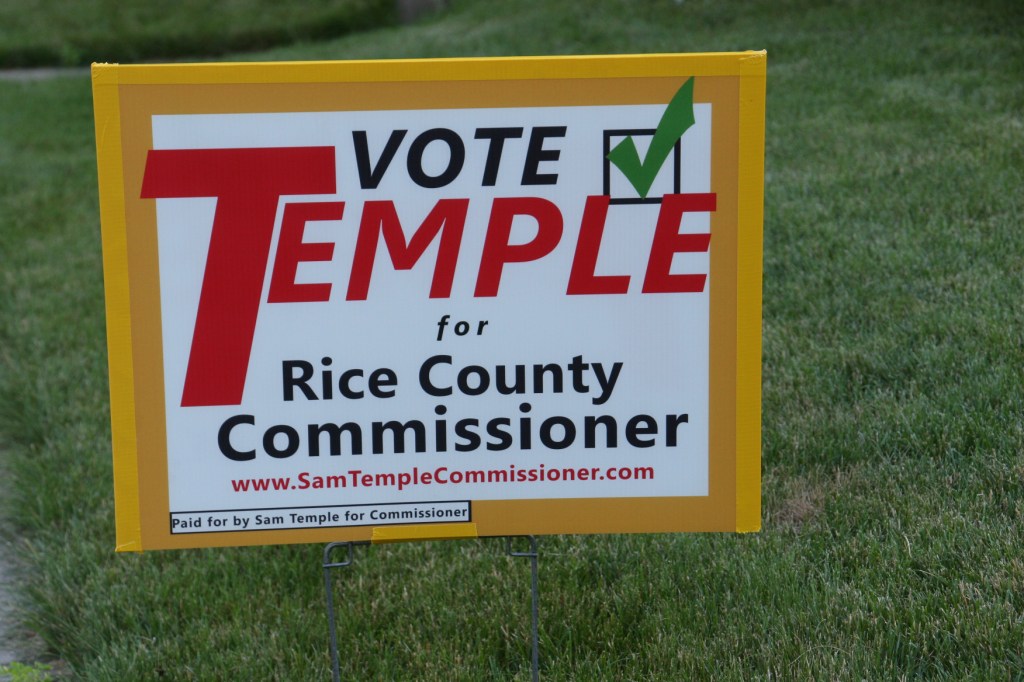

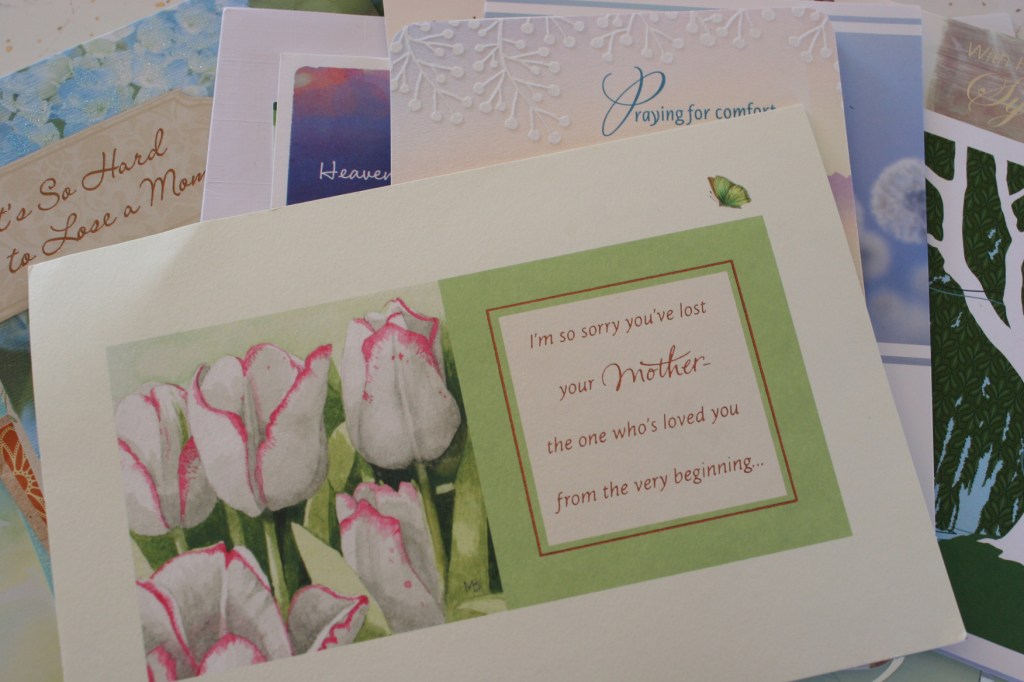
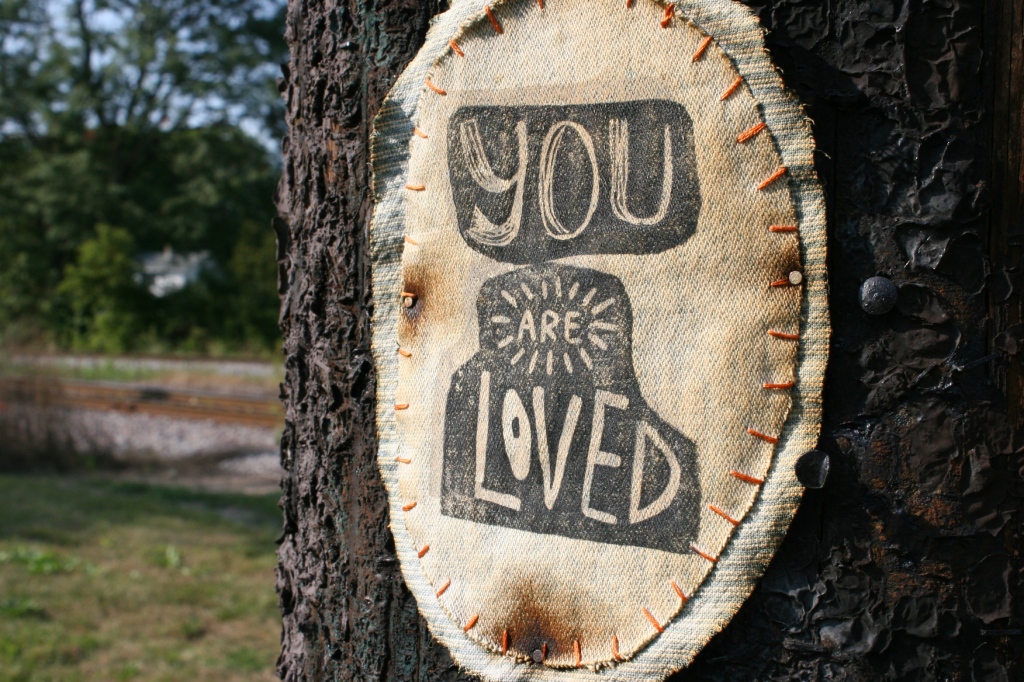


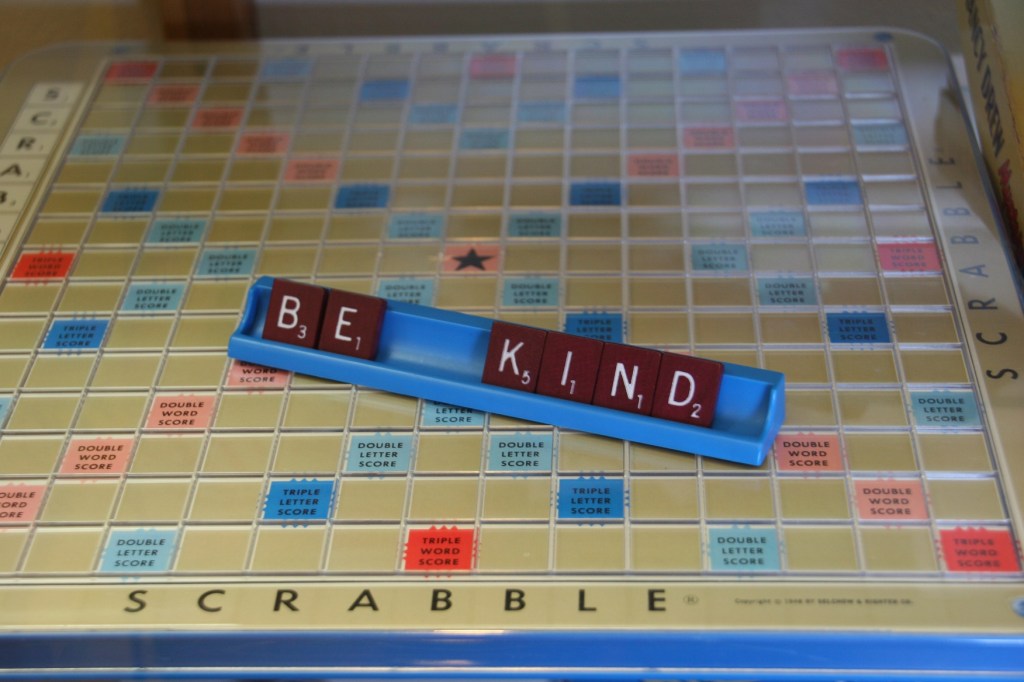



Recent Comments